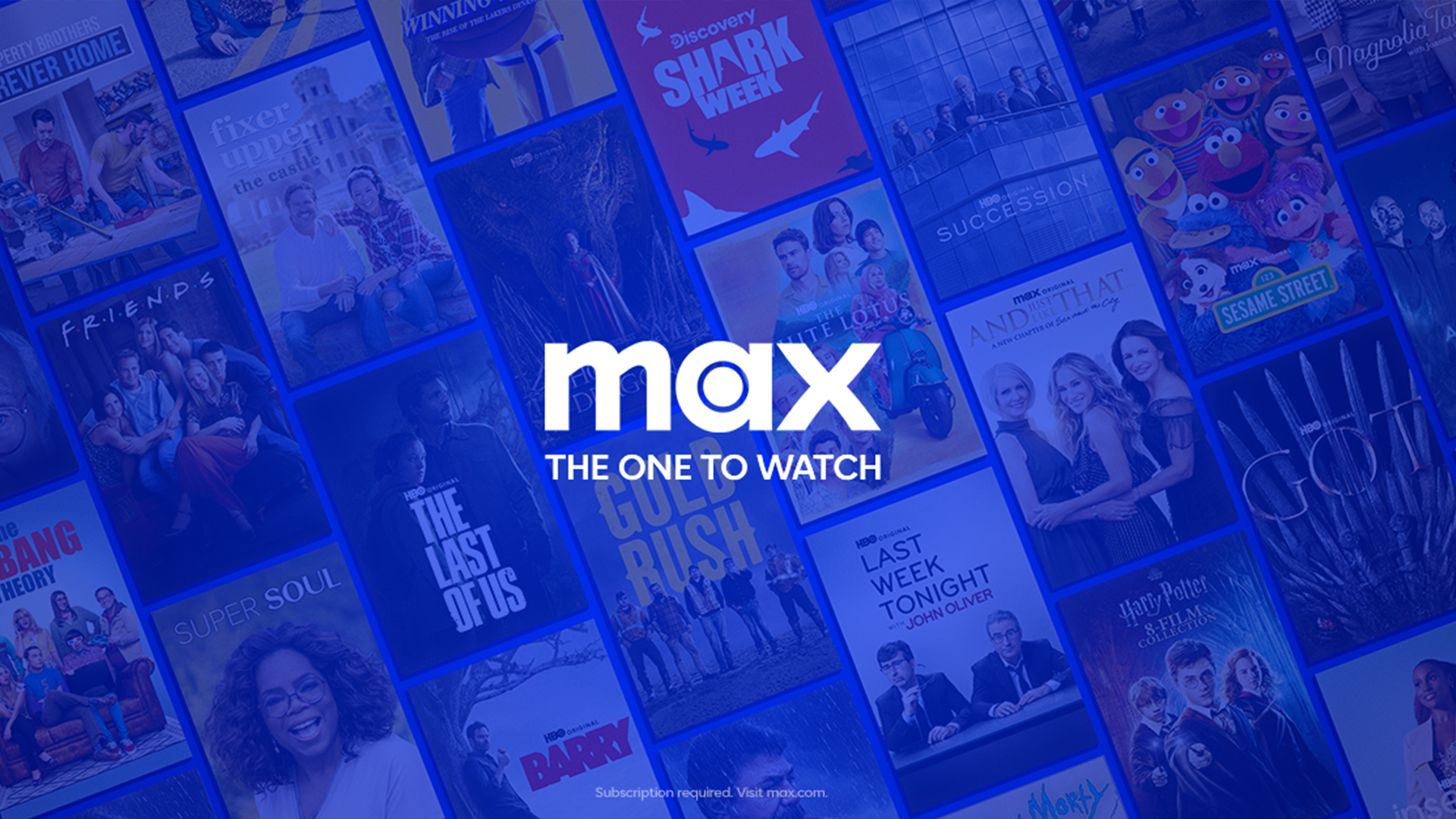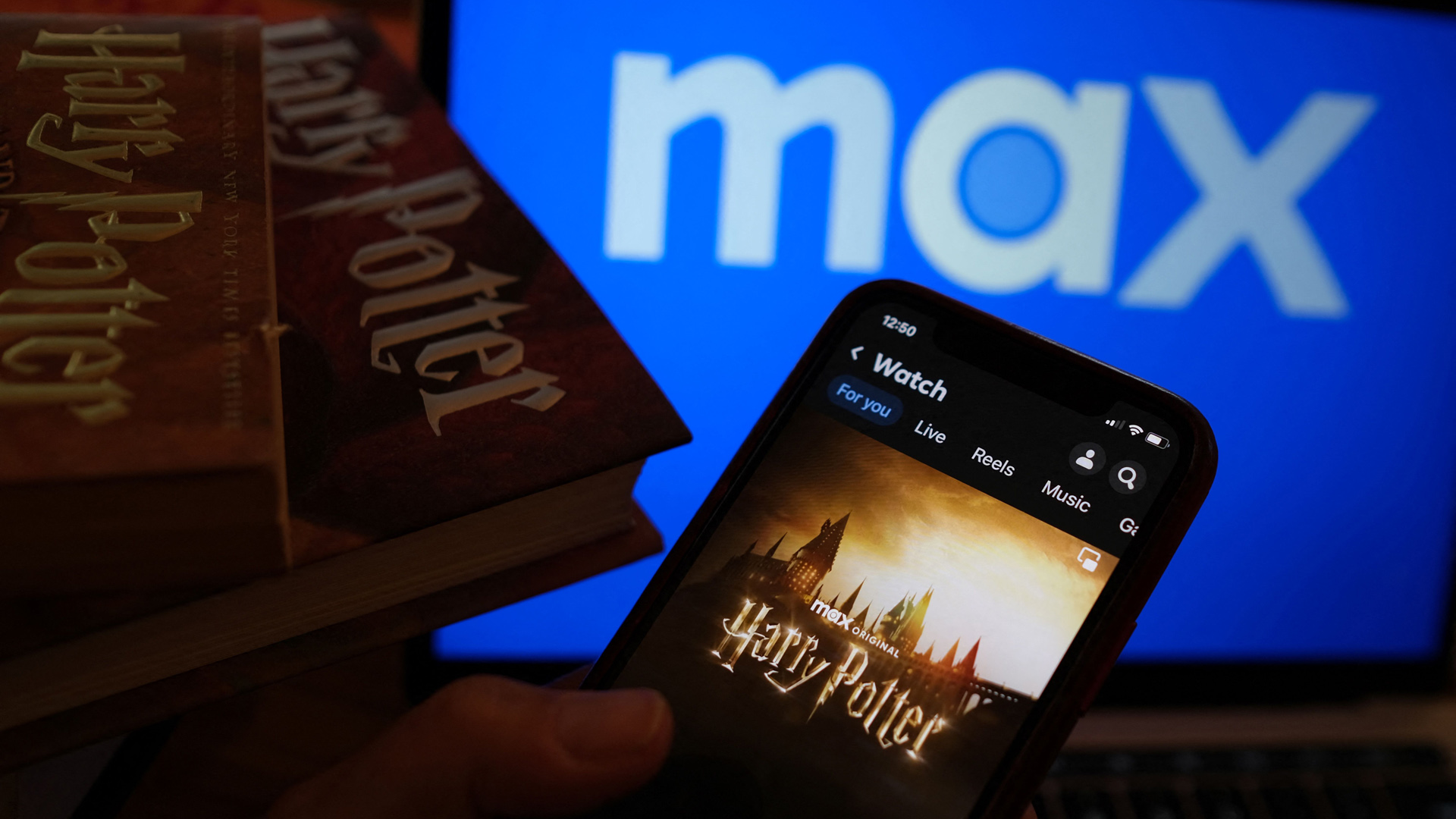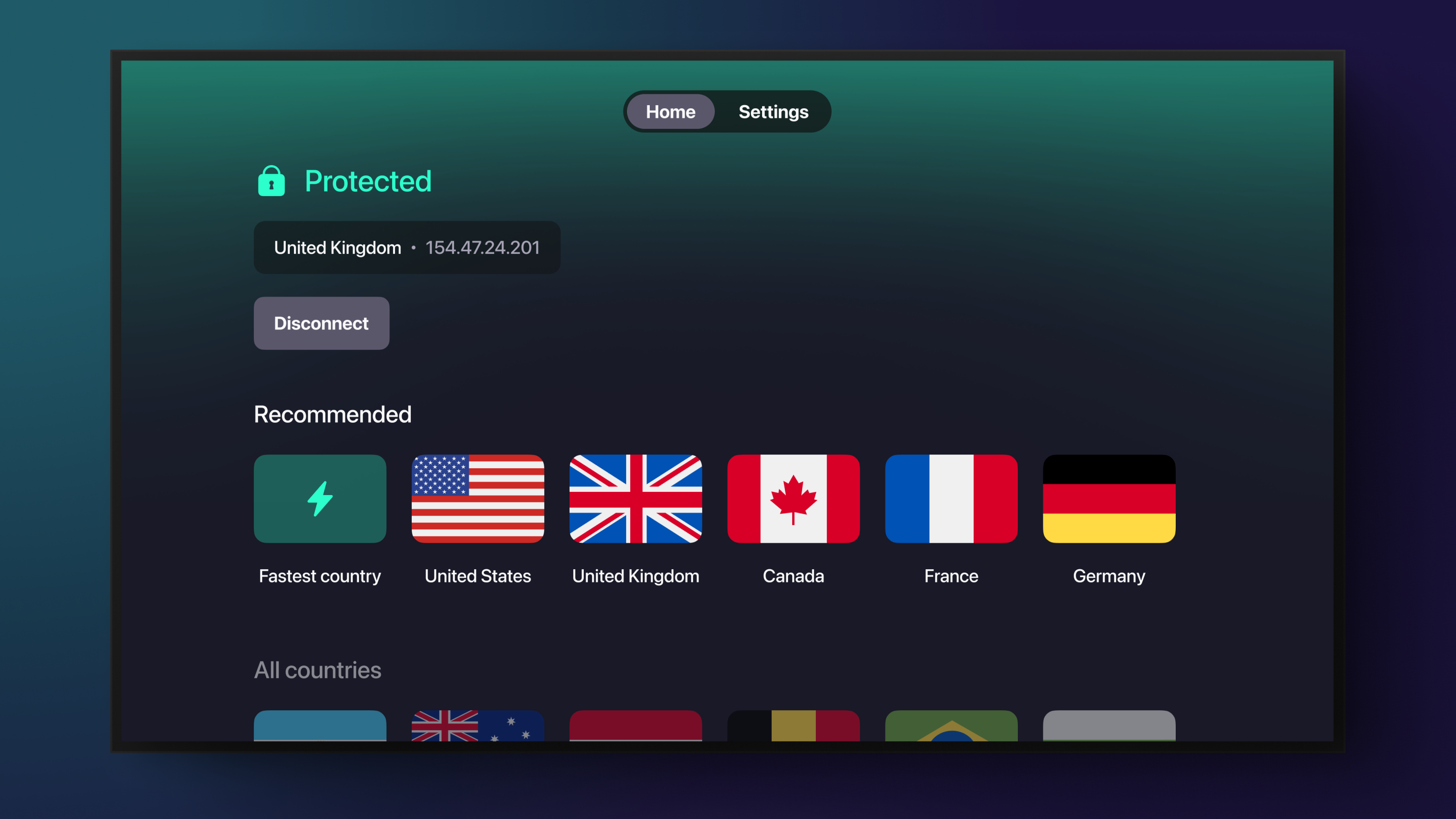Max password sharing crackdown: everything you need to know about when it starts and how much it costs
Everything you need to know about Max's password sharing crackdown

Max has become the latest streaming service to put a stop to password sharing among subscribers not in the same household.
Warner Bros. Discovery (WBD) confirmed the password-sharing crackdown plans in late 2024 and has since started to rollout new account restrictions in early 2025, starting with the US.
The changes come after a Max price hike, which saw an increase of $1 a month and $10 per year in June 2024. The streamer's proposed password-sharing crackdown is essentially another form of a price rise, so it's another blow to subscribers.
If you're subscribed to some of the best streaming services, you'll be all too familiar with recent efforts to crack down on password sharing. Netflix's password-sharing clampdown began in May 2023 and was followed by the Disney Plus password-sharing crackdown in Canada, the US, and UK (alongside Hulu in the US) in September 2024.
So, if you want to continue watching the best Max shows and best Max movies, you'll want to know when these changes might take effect and what they'll involve, which we'll go into below. We'll be updating this article as soon as we have more up to date information regarding Max's password crackdown plans.
What are the Max password sharing rules?

We first learned about Max's password-sharing crackdown in November 2024 following WBD's earnings call, where the company's CEO of streaming JB Perrette said that it would start encouraging users to stop sharing their passwords.
Perrette said that WDB would "start some early messaging with some people who we think are in the higher tier of usage", adding that new member fees would launch some time in early 2025.
Sign up for breaking news, reviews, opinion, top tech deals, and more.
The first country to see the new 'Extra Member' fee was the US on April 22, 2025. The add-on feature was launched alongside a new ability to transfer an adult profile to an extra member account via a new 'Profile Transfer' feature.
We don't have an exact confirmed date for when those new features will become available in Australia and other European countries where it's available, but Perrette did say that more progress on the crack down would occur during 2025 and 2026, so we can expect to hear more about when the changes will be enforced soon.
"We will then start gradually as we get the data and start figuring out, with some explicit and implicit signals, how good we are at detecting," Perrette says. "And then as we go through ’25, you’re going to see the filters get tighter and tighter.”
How will Max stop password sharing?

Just like Netflix and Disney+, Max has started requiring existing subscribers to pay for any additional members that they would like to continue to have access to their account.
The 'Extra Member' fees are an additional cost on top of a usual subscription that allows for people from different households to share the same account without being unexpectedly kicked off.
Extra members will have their own login credentials separate from the main account holder, allowing them to stream from one profile on one device at a time while still being under the same subscription.
Max has also added the ability to transfer a profile when adding an extra member to an account., allowing users to keep their existing watch history, recommendations and settings from their existing profile.
It's not yet official whether these same features will be launched in all regions where Max is available, but going by previous comments made by WBD executives, we can expect this to likely be the same elsewhere.
That's down to the successful password clampdowns from Netflix and Disney+. Indeed, Perrette previously said at a Morgan Stanley’s Technology, Media & Telecom conference in March 2024 that WBD saw the account restrictions as a "growth opportunity" for Max, especially with the service launching in several European countries throughout 2025.
Max officially launched in Europe in May 2024, starting with the Nordic countries, the Iberian Peninsula, as well as Central and Eastern Europe. It has since been scaling its global rollout with plans to launch Max in the UK in 2026.
How much is Max charging for password sharing?

Max priced the new 'Extra Member' add-on at $7.99 per month in the US. That price is the same no matter which subscription tier you're signed up to, which means that it's just $1 off the cost of an ad-supported subscription to the service.
It's most likely that a similar price for additional members will be launched in other countries where Max is available as that would be inline with what Netflix and Disney+ had previously done with their own password sharing crackdowns.
Max also has a more expensive tier called 'Ultimate Ad Free', which allows you to stream on four devices at once in the same household, so provided you're living together, you'll be able to share the account with up to four other people.
The Max plan costs $20.99 per month or $209.99 per year. This is the highest of the available tiers, as the cheapest is 'With Ads' for $9.99 per month or $99.99 per year or 'Ad-Free' at $16.99 per month or $169.99 per year – both of which only let you stream on two devices at the same time.
As well as the ability to stream simultaneously with other household members, there are other benefits that come with the higher price tag, so it might be worth it if you use Max often.
These include the ability to stream in 4K Ultra HD video quality and Dolby Atmos immersive audio, but these are as available on selected titles so there's no guarantee every title in the library will be compatible with high definition streaming. You can also have up to 100 downloads to watch on the go if you're traveling and need to stream offline.
What if I subscribed through a bundle from another company?

If you're signed up to a streaming bundle like the popular Disney+, Hulu and Max mega bundle, you won't be able to purchase an 'Extra Member'. The add-on is restricted to those signed up directly with the service and is not available for those subscribed via a bundle.
Whether bundle subscribers in other regions will also be impacted by the new account restrictions when these are enforced is not yet clear, but we'll be updating this article with all the latest rules as they're launched.
What if I want to use my Max account on holiday, or if I'm travelling for work?

At the time of writing, if you want to stream Max content while you're abroad, you can only do so if it is available in the country you're visiting.
Luckily, the streaming service is now accessible outside of the US. The streaming services has launched in 73 new countries across Europe, Asia Pacific, Latin America and the Caribbean since 2024.
While it's available in Europe, it's not yet launched in the UK but that's expected to change in 2026 as Max has plans to eventually launch in the UK, Latin America and the Caribbean. It also finally arrived in Australia in the first half of 2025.
For a full list of all the countries, visit the help page on Max's site to find where it's available.
The best way to keep up with your favorite Max shows and movies is to download them onto your device before traveling. Top tip: Make sure that you're signed into the device you're traveling with to make sure you can access the content.
Will Max let me use a VPN?

Max, like other streaming services does block known IP addresses associated with some VPN networks, so it is not always guaranteed that you can stream using one.
If you are considering trying one of the best VPNs, you should be aware that it's a potentially risky move, and what works today may well be blocked tomorrow.

Lucy is a long-time movie and television lover who is an approved critic on Rotten Tomatoes. She has written several reviews in her time, starting with a small self-ran blog called Lucy Goes to Hollywood before moving onto bigger websites such as What's on TV and What to Watch, with TechRadar being her most recent venture. Her interests primarily lie within horror and thriller, loving nothing more than a chilling story that keeps her thinking moments after the credits have rolled. Many of these creepy tales can be found on the streaming services she covers regularly.
When she’s not scaring herself half to death with the various shows and movies she watches, she likes to unwind by playing video games on Easy Mode and has no shame in admitting she’s terrible at them. She also quotes The Simpsons religiously and has a Blinky the Fish tattoo, solidifying her position as a complete nerd.
- Amelia SchwankeSenior Editor UK, Home Entertainment
You must confirm your public display name before commenting
Please logout and then login again, you will then be prompted to enter your display name.